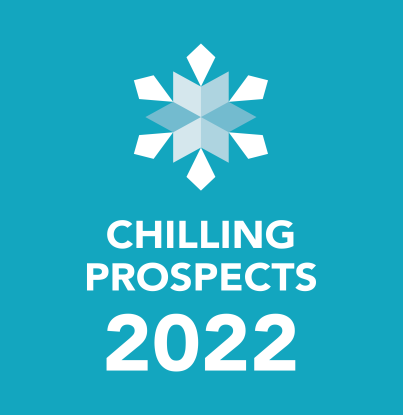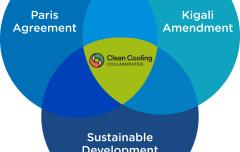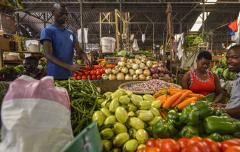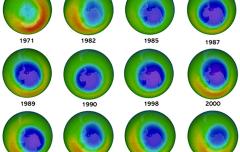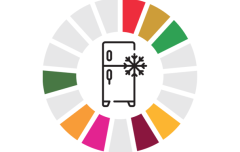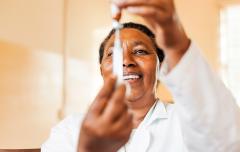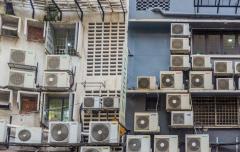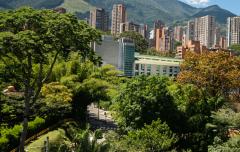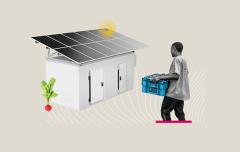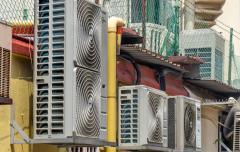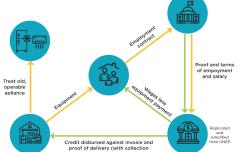Reflecting on 5 years of the Kigali Amendment: Cooling for All partner stories
|
Chapter 4 |
The Kigali Amendment to the Montreal Protocol was signed in late 2016, with countries committing to cut the production of hydrofluorocarbons, powerful greenhouse gases typically used as refrigerants, by more than 80 percent over the next 30 years. The Amendment offered a historic opportunity to link its implementation with the improvement of energy efficiency in active cooling technologies, and to use holistic strategies to deliver on the cooling needs of vulnerable populations while reducing the overall energy demand needed for cooling. Since 2016, a growing number of initiatives have put these words to action, in support of the Kigali Amendment, the Paris Agreement on Climate Change, and the Sustainable Development Goals.
This includes the SEforALL Cooling for All programme, begun in 2017 with the support of the Kigali Cooling Efficiency Program (now Clean Cooling Collaborative). Since 2017, the Cooling for All programme has advocated for greater action on sustainable cooling and developed evidence, policy, and tools to make that action possible. This chapter profiles several interventions in action across the themes of Global Voices, Food, Nutrition, and Agriculture, Health Services, Human Comfort and Safety, Finance, and Regional Perspectives.
Each story provides insight on the impact of their work, as well as a vision for success in 2025, halfway through the decade of action for the Sustainable Development Goals and a critical milestone for the Paris Agreement on Climate Change.

